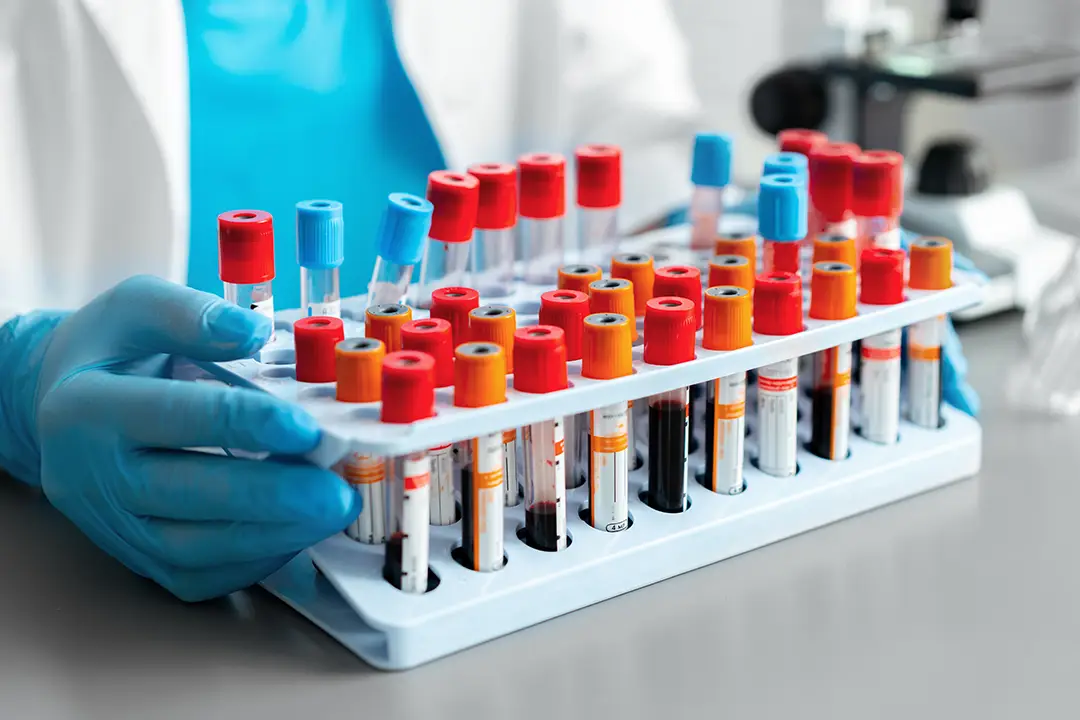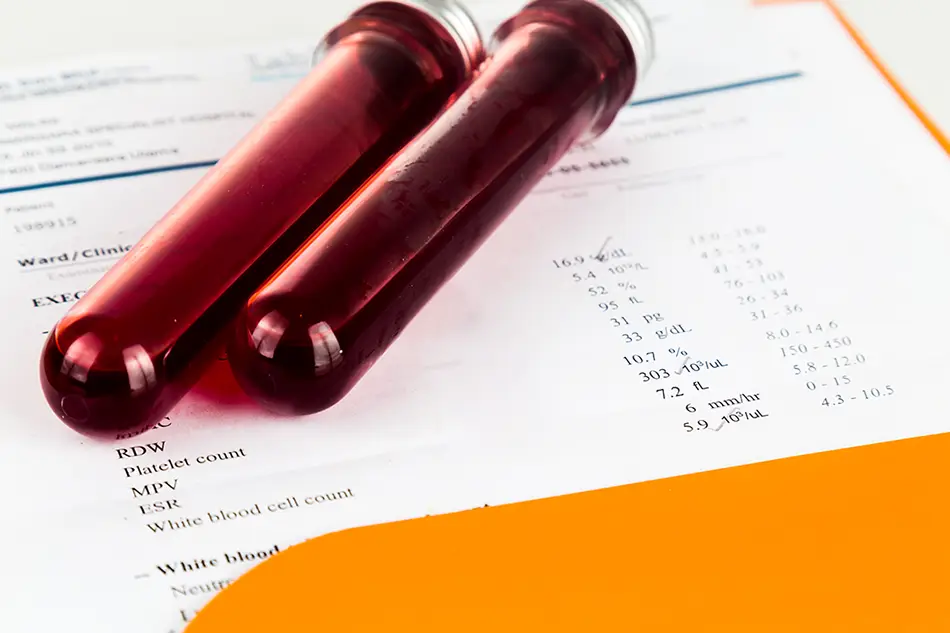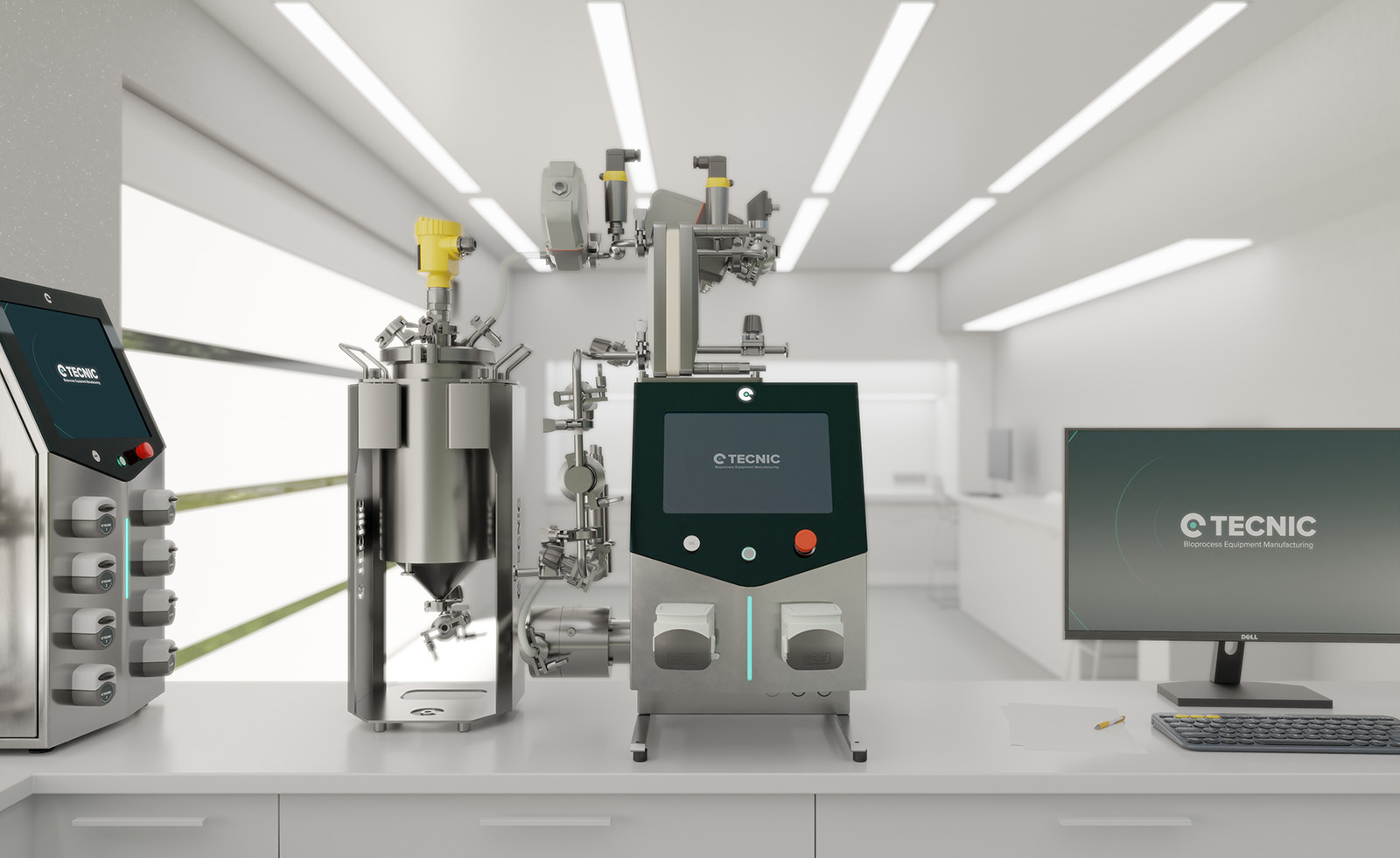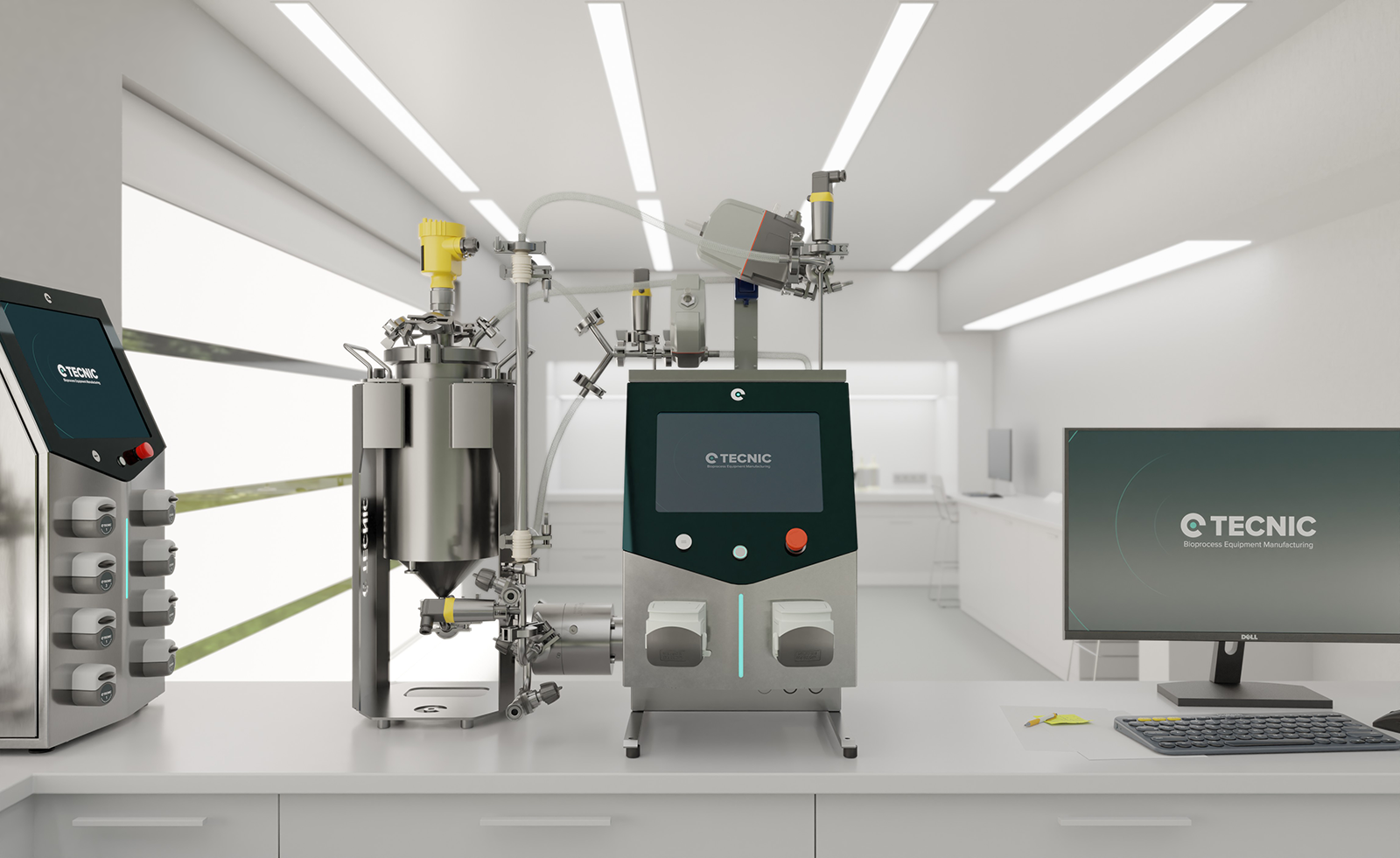Have you ever wondered what happens with that small sample of blood doctors take during a checkup? Get ready to discover everything behind blood tests! These tests are a window into your body, providing healthcare professionals with valuable information about your health status, the function of your organs, and even whether a treatment is working.
What are blood tests?
Imagine your blood as a river flowing through your entire body, transporting nutrients, oxygen, and removing waste. A blood test is like taking a small sample of this river to examine how well everything is functioning. These tests measure or analyze cells, chemicals, proteins, or other substances present in your blood. They are also known as "clinical tests" and are among the most common laboratory procedures.
Blood tests serve multiple purposes. They help doctors diagnose diseases and conditions, monitor chronic illnesses such as diabetes or high cholesterol, check if a treatment is effective, assess the function of vital organs such as the liver, kidneys, heart, and thyroid, diagnose bleeding or clotting disorders, and even determine if your immune system is fighting off an infection.
The essential components of blood
To better understand blood tests, it’s important to know the main components of blood. Your blood is made up of four primary elements:
- Plasma: This is the liquid part of blood, light yellow in color, and makes up about 55% of the blood volume. Plasma is mostly water but also contains proteins, glucose, electrolytes, hormones, carbon dioxide, and other nutrients and waste products. Its main function is to transport blood cells, nutrients, hormones, and waste throughout the body.
- Red Blood Cells (Erythrocytes): These cells, which give blood its red color, account for about 40% to 45% of the blood volume. They contain a protein called hemoglobin, which transports oxygen from the lungs to the rest of the body and returns carbon dioxide to the lungs to be exhaled. Mature red blood cells lack a nucleus, allowing them to carry more hemoglobin.
- White Blood Cells (Leukocytes): These are key components of the immune system, helping to fight infections and disease. Although less numerous than red blood cells (making up less than 1% of the blood volume), there are different types of white blood cells, each with a specific role in defending the body against bacteria, viruses, fungi, and other invaders.
- Platelets (Thrombocytes): These are small cells or cell fragments that play a crucial role in blood clotting. When a blood vessel is damaged, platelets gather at the injury site to form a plug and stop the bleeding.

What would show in a blood test?
A blood test would show detailed information about the state of your health, including how your organs are functioning, whether there are infections, and if important substances in your blood are within normal ranges. From the number of red and white blood cells to levels of glucose, cholesterol, or electrolytes, the results help doctors detect potential problems even before symptoms appear. Some blood tests are designed to monitor specific conditions, such as diabetes or thyroid disorders, while others provide a general overview of how your body is performing.
How is a blood sample collected for testing?
The most common method of collecting a blood sample is through venipuncture. A healthcare professional, such as a phlebotomist or nurse, inserts a small needle into a vein, typically in the inner elbow or back of the hand, to draw blood. Before the puncture, the area is cleaned with antiseptic and an elastic band (tourniquet) may be placed around the upper arm to make the veins swell and easier to locate. The amount of blood taken is small, and the procedure usually lasts less than five minutes.
Other ways of collecting blood samples include fingerstick, where the fingertip is pricked to obtain a small amount of blood, often used for rapid tests or home test kits, and heel stick, mainly performed on newborns. In some cases, an arterial blood sample may be required, which is drawn from an artery instead of a vein, usually to measure oxygen levels.
Types of blood tests
There are many types of blood tests, each designed to measure specific substances or evaluate different aspects of your health. Some of the most common include:
- Complete Blood Count (CBC): One of the most common blood analysis, often done as part of a routine checkup. It measures different components of your blood, including red blood cells, white blood cells, platelets, and hemoglobin. It can help diagnose conditions like anemia, infections, and bleeding disorders.
- Basic Metabolic Panel (BMP): This group of tests measures certain chemicals in your blood, including glucose, calcium, and electrolytes. It provides information about the function of organs such as the heart, kidneys, and liver.
- Blood Glucose Test: Measures the amount of glucose (sugar) in your blood. Commonly used to detect and monitor diabetes.
- Lipid Panel (Cholesterol Test): Measures levels of LDL (“bad”) cholesterol, HDL (“good”) cholesterol, and triglycerides in your blood. It helps assess the risk of heart disease.

What does a full blood test check?
A full blood work checks a wide range of components in your blood to give a comprehensive overview of your overall health. It typically includes a complete blood count (CBC), which looks at red blood cells, white blood cells, hemoglobin levels, and platelets to assess oxygen transport, immune response, and clotting ability. It also includes metabolic panels to evaluate how well organs like the liver and kidneys are working, and may measure glucose, calcium, electrolytes, and markers related to heart and thyroid function.
Compared to a more basic or routine test, which might focus on just a couple of specific indicators, like glucose or cholesterol, a full blood test provides a broader picture. While routine tests are useful for monitoring a known condition or checking one health aspect, a full panel allows doctors to detect early signs of multiple issues, even if there are no symptoms yet.
The importance of blood tests for your health
Blood tests are essential tools for maintaining your health. They allow early detection of diseases, even before symptoms appear. For teenagers, they are important for detecting health issues such as anemia, diabetes, high cholesterol, and thyroid problems. They are also crucial for monitoring chronic illnesses and evaluating the effectiveness of treatments.
How to prepare for a blood test
Preparation for a blood test depends on the type of test being performed. For some tests, such as glucose or cholesterol, you may need to fast (not eat or drink anything except water) for several hours beforehand. Your doctor will inform you if any special preparation is needed. It’s important to let your doctor know about any medications or supplements you’re taking, as they may affect the test results.
Understanding your blood test results
Blood test results are usually compared to a range of values considered normal or reference values. These ranges may vary slightly between laboratories, so it's important to review the reference values provided in your lab report. A result outside the normal range may indicate a medical condition, but not always.
It’s essential that a doctor interprets your results, as they will consider your medical history, symptoms, and other factors to give an accurate diagnosis. Attempting to self-diagnose based solely on blood test results can be dangerous.

The future of blood testing
Technology is advancing rapidly, and the field of blood testing is no exception. New techniques are being developed that promise faster results, less invasive methods (such as testing with a single drop of blood or even needle-free techniques), and the use of artificial intelligence to analyze large datasets and improve diagnostic accuracy. In the future, we may see more personalized and predictive blood analysis, capable of detecting diseases like cancer or Alzheimer’s at their earliest stages.
Frequently Asked Questions (FAQ)
A blood test would show detailed information about the state of your health, including how your organs are functioning, whether there are infections, and if important substances in your blood are within normal ranges.
A full blood test checks a wide range of components in your blood to give a comprehensive overview of your overall health, including cell counts, organ function, and key markers like glucose and cholesterol levels.
Most blood tests include a complete blood count (CBC), a metabolic panel, and specific tests like glucose, cholesterol, and sometimes thyroid or vitamin levels depending on the context.
Some cancers like brain tumors or certain early-stage cancers may not appear in blood tests and require imaging or biopsies for diagnosis.
Yes, especially for glucose or cholesterol tests. Your doctor will let you know if fasting is necessary before the test is performed.
Low or high levels of blood cells, glucose, enzymes, or electrolytes may be considered abnormal and point to underlying conditions or imbalances.
It checks cells, chemicals, and proteins to assess your overall health and detect or monitor specific diseases or nutritional deficiencies.
Routine blood tests can reveal infections, anemia, early signs of chronic disease, or general organ stress—even when you feel perfectly fine.
It’s a group of tests ordered together to give a broad overview of your health, covering everything from blood cells to metabolic function and more.







